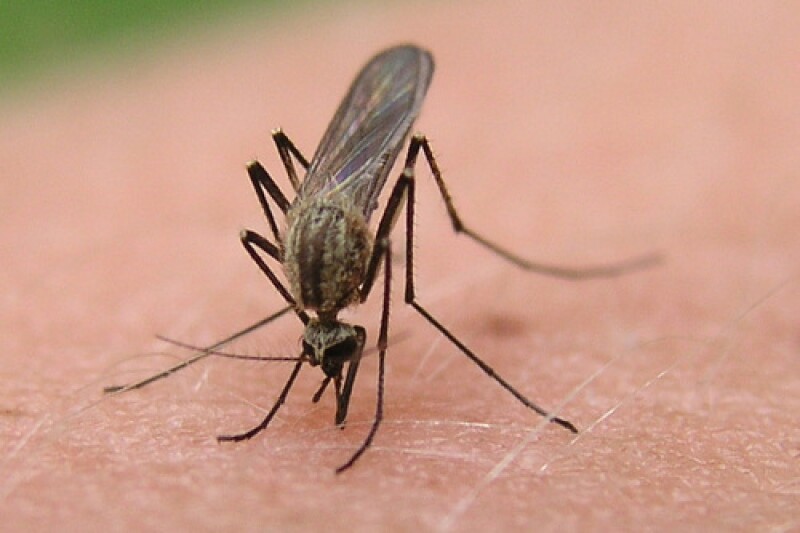FARGO — North Dakota is experiencing a significant increase in West Nile virus cases, with a total of 78 reported infections this year, the highest number since 2019. The state ranks third in the nation for West Nile cases, while Cass County has reported 16 infections, placing it ninth among U.S. counties for this year.
Officials attribute the rise in cases to what they describe as “the worst mosquito conditions in the last 20 years.” Amanda Bakken, an epidemiologist with the North Dakota Department of Health and Human Services, noted that the state typically sees a rise in cases from mid to late August. “We did start to have a smaller bump in cases earlier in the year,” Bakken said, highlighting that the wetter conditions contributed to increased mosquito populations in certain areas.
Many cases of West Nile virus go unreported, with estimates suggesting that 80% may not be documented in any given year. While 78 cases have been officially recorded, health officials classify anything above 20 to 25 cases as a high-incidence year, particularly due to the busy August period. In fact, Cass County vector control reported a surge of four or five cases in the first week of August alone, an amount that typically represents a year’s normal total.
The impact of the virus has been significant, with statewide reports indicating that 32 individuals were hospitalized due to West Nile virus. Additionally, the Centers for Disease Control and Prevention (CDC) confirmed that four cases in Cass County developed into neuroinvasive disease, affecting brain tissue.
Bakken emphasized that many individuals do not seek medical care unless they experience severe symptoms. “A lot of people don’t seek care if they’re not experiencing more profound symptoms,” she explained. There are also instances of asymptomatic individuals who remain undetected, which is evident among blood donors.
As the season progresses, officials are concerned that warm September weather could prolong the mosquito season and the risk of West Nile virus transmission. Bakken advises residents to take standard precautions, such as wearing long sleeves and using insect repellent.
Vector control efforts have been proactive, with spraying occurring as late as October in previous years. Ben Prather, a vector control official, expressed hopes that another outbreak will not occur in 2025. The current situation serves as a reminder for the community to remain vigilant against mosquito-borne diseases.
